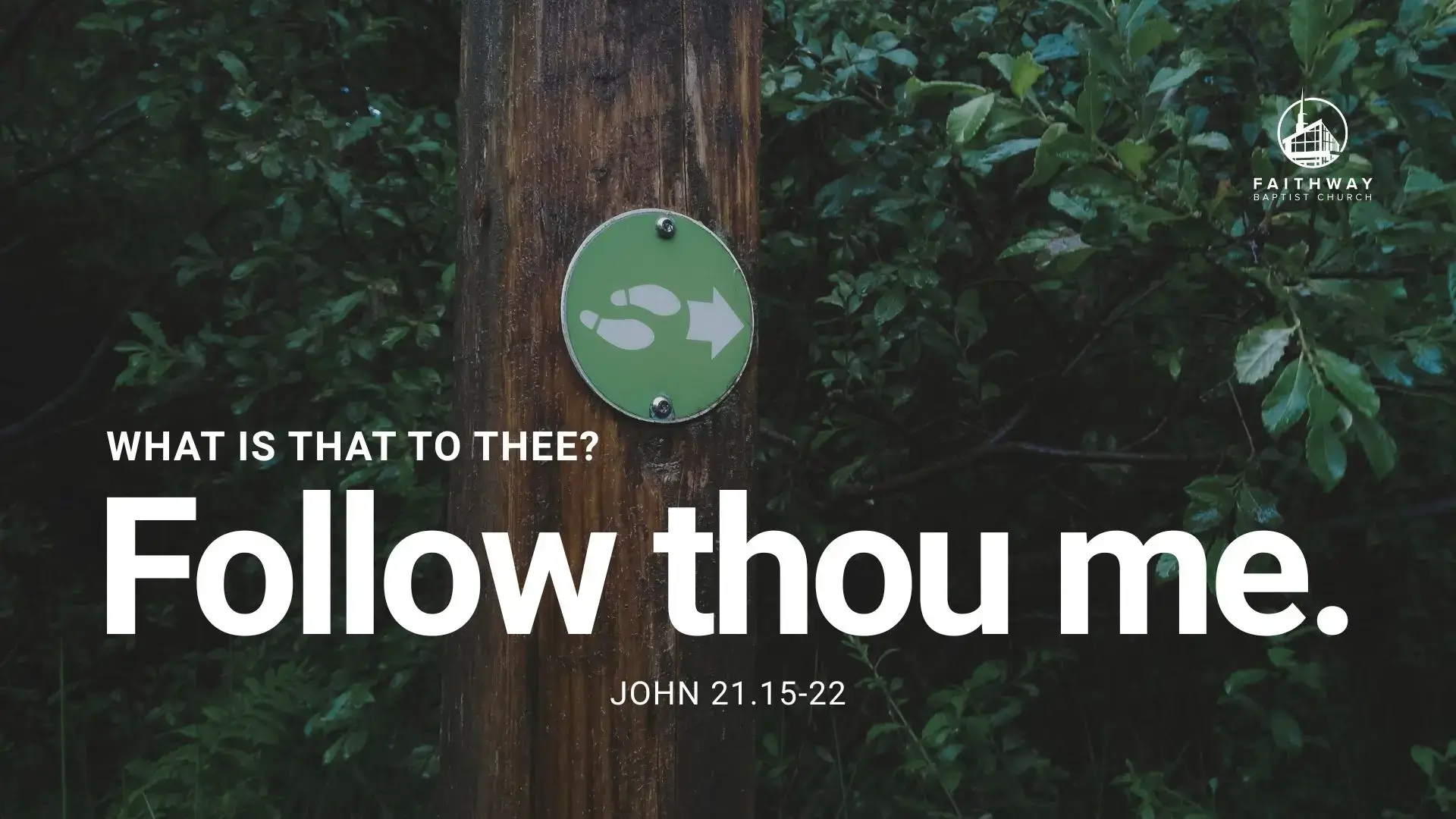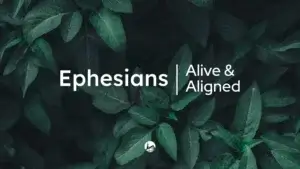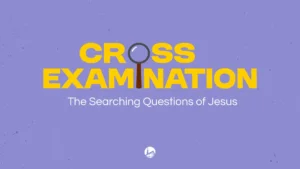The questions Jesus asks in Scripture often pierce the heart, revealing truths about our faith and focus. In John 21:15-22, Jesus engages Peter in a profound conversation, asking, “Lovest thou me?” and concluding with a direct challenge: “What is that to thee? Follow thou me.” This exchange, set after Peter’s restoration following his denial of Christ, carries timeless lessons for believers. Pastor Léveillé’s sermon unpacks this passage, urging us to release the burdens of the past, trust God with the future, and avoid the trap of comparison in our walk with Christ. Through these verses, Jesus calls us to a personal, faithful pursuit of Him, unhindered by distractions or doubts.
Don’t Let the Past Paralyze Your Present (John 21:15-17)
In John 21:15-17, Jesus asks Peter three times, “Simon, son of Jonas, lovest thou me?” Each question mirrors Peter’s three denials of Christ, yet Jesus does not dwell on Peter’s failure. Instead, He recommissions him, saying, “Feed my lambs” and “Feed my sheep.” The Greek text reveals a nuance: Jesus uses “agapao,” a sacrificial love, while Peter responds with “phileo,” a brotherly affection. By the third question, Jesus meets Peter where he is, asking, “Do you phileo me?” This grieves Peter, but it shows Christ’s grace in restoring him. Jesus does not demand perfection but asks, “Do you love me?” This question is the foundation of discipleship. Our past mistakes, like Peter’s, need not paralyze us. God’s forgiveness fuels future faithfulness, and He calls us to serve Him out of love, not guilt. As Pastor Léveillé noted, “God’s not done with you.” No matter your regrets, if you love Christ, there is work for you to do.
Don’t Let the Future Derail Your Faithfulness (John 21:18-19)
Jesus then foretells Peter’s future, saying, “When thou wast young, thou girdedst thyself, and walkedst whither thou wouldest: but when thou shalt be old, thou shalt stretch forth thy hands, and another shall gird thee, and carry thee whither thou wouldest not” (John 21:18). This prophecy points to Peter’s eventual martyrdom, a sobering glimpse of suffering. Yet Jesus anchors it with, “Follow me.” He assures Peter that He will walk with him through every trial. The future can loom with uncertainty, but God does not reveal every detail to overwhelm us. As Pastor Léveillé shared, God provides grace for each moment, just as He did for Corrie ten Boom and missionary Karen Watson, who faced death with faith. Our task is not to predict outcomes but to follow Christ faithfully, trusting His presence and provision. The goal is not a comfortable finish but a faithful one.
Don’t Let Comparison Cloud Your Calling (John 21:20-22)
Peter, freshly restored, turns to John and asks, “Lord, and what shall this man do?” (John 21:21). Jesus responds, “If I will that he tarry till I come, what is that to thee? follow thou me” (John 21:22). Peter’s question reflects a common struggle: comparison. We often measure our blessings, ministries, or trials against others, leading to frustration or pride. Jesus redirects Peter to focus on his own path. As Pastor Léveillé emphasized, “Comparison is one of the most spiritually exhausting games a believer can play.” God has a unique race for each of us, and His grace is sufficient for our calling. Like Martha, distracted by Mary’s choices, we must choose what matters most: following Jesus. Christ’s call is personal—stay in your lane of obedience and trust Him to guide others.
Conclusion
This passage challenges us to let go of past failures, trust God with future trials, and reject comparison. Jesus asks, “Do you love me?” If our answer is yes, His command is clear: “Follow thou me.” Let us pursue Him faithfully, knowing He walks with us.












